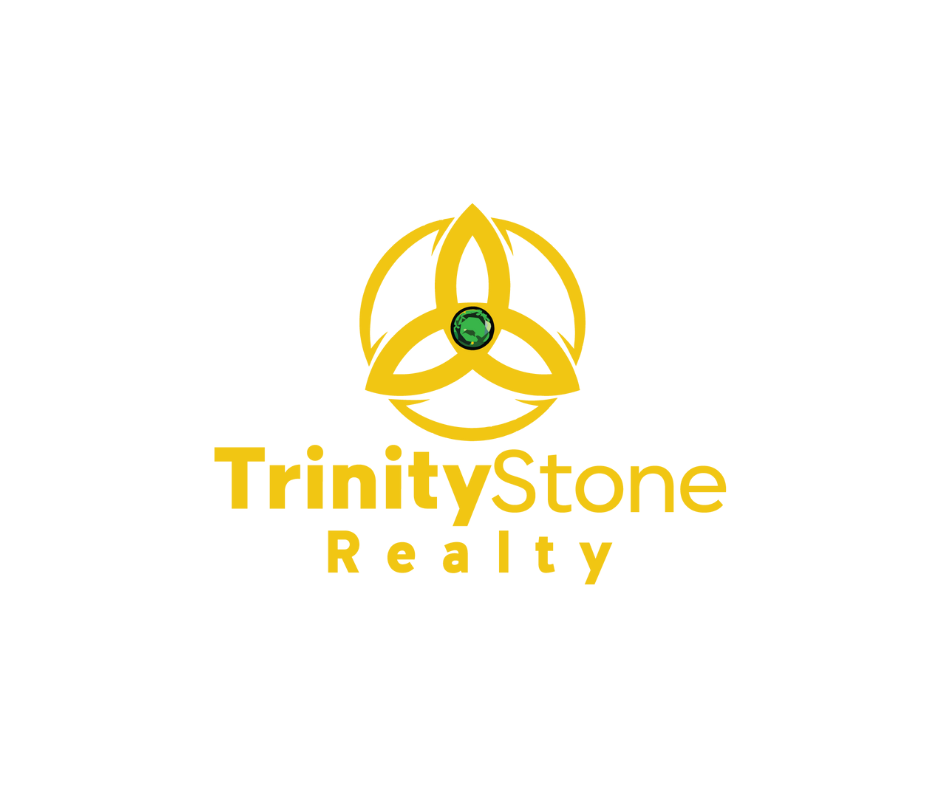Choosing the right Realtor® is crucial whether you're buying or selling a home. You are your Realtor® will work as a team to sell and/or buy your home, so you need to feel comfortable with your new team mate.
Here are some tips to help you find a Realtor® who will be a good fit for your needs:
1. **Look for Experience and Expertise**
- **Local Knowledge:** A Realtor® with experience in your area will have a better understanding of the local market, neighborhoods, pricing trends, and school districts. They can offer insights that others might not.
- **Specialization:** Some Realtors® specialize in certain types of properties (e.g., first-time homebuyers, luxury homes, or investment properties). Make sure their expertise aligns with your specific needs. For example, if you are looking at purchasing a rural property, then ensure your Realtor® can guide and you in regards to septic, well, water quality inspections that will be necessary. Will your new home be on propane, or natural gas, and how do you manage that. A knowledgeable Realtor® can save you time, money, and headaches in the future.
2. **Check Credentials**
- Ensure the Realtor® is licensed and has any relevant certifications (e.g., Certified Residential Specialist (CRS), Accredited Buyer’s Representative (ABR), Seller Representative Specialist (SRS)).
- Check if they are a member of the National Association of Realtors (NAR) and local real estate boards.
- Do they have any additional training that they have undertaken?
- Are they a 'Sales Representative', Real Estate Broker, or Broker of Record? These are the three levels of Realtor® certification with Broker of Record being the highest in terms of real estate education, and responsibility.
3. **Review References and Reviews**
- **Ask for Referrals:** Talk to family, friends, or colleagues who have recently bought or sold homes. Personal recommendations can go a long way.
- **Online Reviews:** Read reviews on platforms like Zillow, Google, or Yelp. Look for consistency in positive feedback and take note of any patterns in negative comments.
- **Client Testimonials:** Ask the Realtor® for references you can contact directly to ask about their experience.
4. **Interview Multiple Realtors®**
- **Ask Questions:** Prepare a list of questions to ask during interviews. For example:
- How long have you been working in real estate?
- How will you market the sale of my home?
- Are you a full time, or part-time Realtor®?
- Can you provide a list of homes you've recently sold?
- What’s your strategy for pricing homes in this market?
- How would you work to generate multiple offers, and how would you manage that situation?
- How will you help me with negotiating and making an offer?
- **Gauge Compatibility:** Assess how comfortable you feel with them. Are they good listeners? Do they communicate well? Do they seem genuinely interested in helping you achieve your goals?
5. **Evaluate Communication Skills**
- **Availability:** Find out how available the Realtor® is for calls, texts, and emails. If they are hard to reach or slow to respond during the early stages, they may be difficult to communicate with throughout the process.
- **Responsiveness:** A good Realtor® should be proactive and prompt in addressing your questions and concerns.
6. **Examine Their Marketing and Negotiation Skills**
- **Marketing Strategy (for sellers):** Ask how they plan to market your property. Do they use professional photography, virtual tours, and listing on major sites like MLS, Zillow, and Realtor.com?
- **Negotiation:** A strong negotiator will help you get the best possible deal, whether you’re buying or selling. Look for a Realtor® with a proven track record of successful negotiations.
7. **Consider Availability and Workload**
- **Full-time vs. Part-time:** Full-time Realtors® generally have more time and resources to devote to your needs. Part-time Realtors® may be harder to reach and may have less focus on your transaction.
- **Current Client Load:** A Realtor® who is juggling too many clients may not be able to give you the attention you deserve.
8. **Check Their Online Presence**
- **Website & Social Media:** A strong online presence can indicate a Realtor’s® experience and ability to market properties effectively. Look at their website and social media platforms to see if they have current listings, a professional image, and a digital marketing strategy.
9. **Discuss Commission Rates**
- **Understand Fees:** Realtors® typically work on commission (often around 5% of the sale price, split between the buyer’s and seller’s agents), but commission rates can vary. Don’t be afraid to discuss commission upfront, but keep in mind that an experienced, skilled realtor may justify a higher rate with their expertise and service. Remember that the saying "You get what you pay for" applies to Realtors® too - just ensure that they are providing the value that you expect.
- **Clarify Additional Costs:** Ask if there are any other fees involved, such as advertising, staging, or transaction coordination fees.
10. **Trust Your Instincts**
- If something doesn’t feel right—whether it’s the Realtor's® personality, approach, or expertise—don’t be afraid to keep looking. A good relationship with your realtor can make the home buying or selling process much smoother and more enjoyable.
By following these tips, you'll be more likely to find a Realtor® who is knowledgeable, trustworthy, and dedicated to helping you achieve your real estate goals.
Watch the CTV episodes of own Broker of Record, Colleen Lyle, and co-owner of TrinityStone Realty, where she provides tips on how to select a Realtor to work with.

